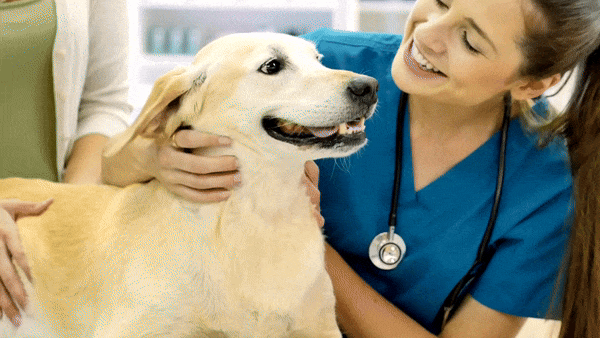As our beloved pets enter their golden years, their care requirements evolve. Senior pets, much like elderly humans, need tailored attention to maintain their health and quality of life. Whether you have a dog whose tail has slowed its wagging or a cat who prefers a sunny window to a high perch, understanding how to care for your aging companion is crucial. This guide provides essential tips to help you ensure your senior pet remains healthy and happy throughout their later years.
1. Regular Veterinary Visits
As pets age, their susceptibility to health issues increases. Conditions like arthritis, kidney disease, and heart problems are more prevalent in older pets. Regular check-ups—at least twice a year—are vital to catch any emerging health issues early. Your veterinarian can also adjust your pet’s diet, exercise, and medications as needed, ensuring they remain comfortable and healthy.
2. Adapted Diet and Nutrition
Senior pets have different nutritional needs compared to their younger selves. They may need fewer calories to avoid weight gain, especially as their activity levels decrease. However, high-quality protein is still essential to maintain muscle mass. Consider diets formulated for senior pets, which often include supplements like omega fatty acids for joint health and antioxidants for cognitive support. Always discuss dietary changes with your vet to tailor your pet’s nutrition to their specific health needs.
3. Maintaining an Ideal Weight
Weight management is crucial in senior pets. Excess weight can exacerbate health problems such as arthritis and diabetes. Conversely, weight loss can be a sign of illness. Monitor your pet's weight and body condition closely and adjust their food intake and exercise accordingly to maintain an optimal weight.
4. Regular, Gentle Exercise
Keeping your senior pet active is important, but it’s equally crucial to adjust the intensity and type of exercise to suit their aging body. Gentle walks for dogs and light play sessions for cats can help maintain their mobility and mental alertness. Swimming can also be a good low-impact exercise for dogs. Always tailor activities to your pet’s stamina and physical capabilities.
5. Comfortable Living Environment
As pets age, their ability to regulate body temperature and their comfort levels can decline. Ensure your pet has a warm, comfortable, and easily accessible sleeping area. Orthopedic pet beds can relieve stress on joints and make lying down and getting up easier. Keep essentials like food, water, and litter boxes (for cats) in easily reachable locations.
6. Mental Stimulation
Mental health is just as important as physical health. Senior pets can suffer from cognitive dysfunction syndrome, which can affect their memory, perception, and awareness. Engage their minds with interactive toys, training exercises, and simple games. Even new smells and gentle exploration can help keep their mind sharp.
7. Dental Health
Dental health is often overlooked but can lead to significant health issues in pets. Dental disease can cause pain and lead to difficulties in eating. Keep up with regular dental checkups and cleanings as recommended by your vet, and consider brushing your pet’s teeth at home.
8. Regular Grooming
Older pets may struggle with grooming themselves efficiently, leading to matted fur, skin infections, or overgrown nails. Regular grooming sessions not only keep your pet looking good but also provide an opportunity to check for lumps, bumps, or signs of discomfort that might warrant a vet visit.
Conclusion
Caring for a senior pet requires patience, understanding, and adaptation to their changing needs. By providing regular veterinary care, suitable nutrition, comfortable living arrangements, and appropriate exercise, you can help ensure your pet’s senior years are as rewarding as their younger days. Remember, the love and care you provide now can significantly enhance the quality of your companion's life during these precious years.





